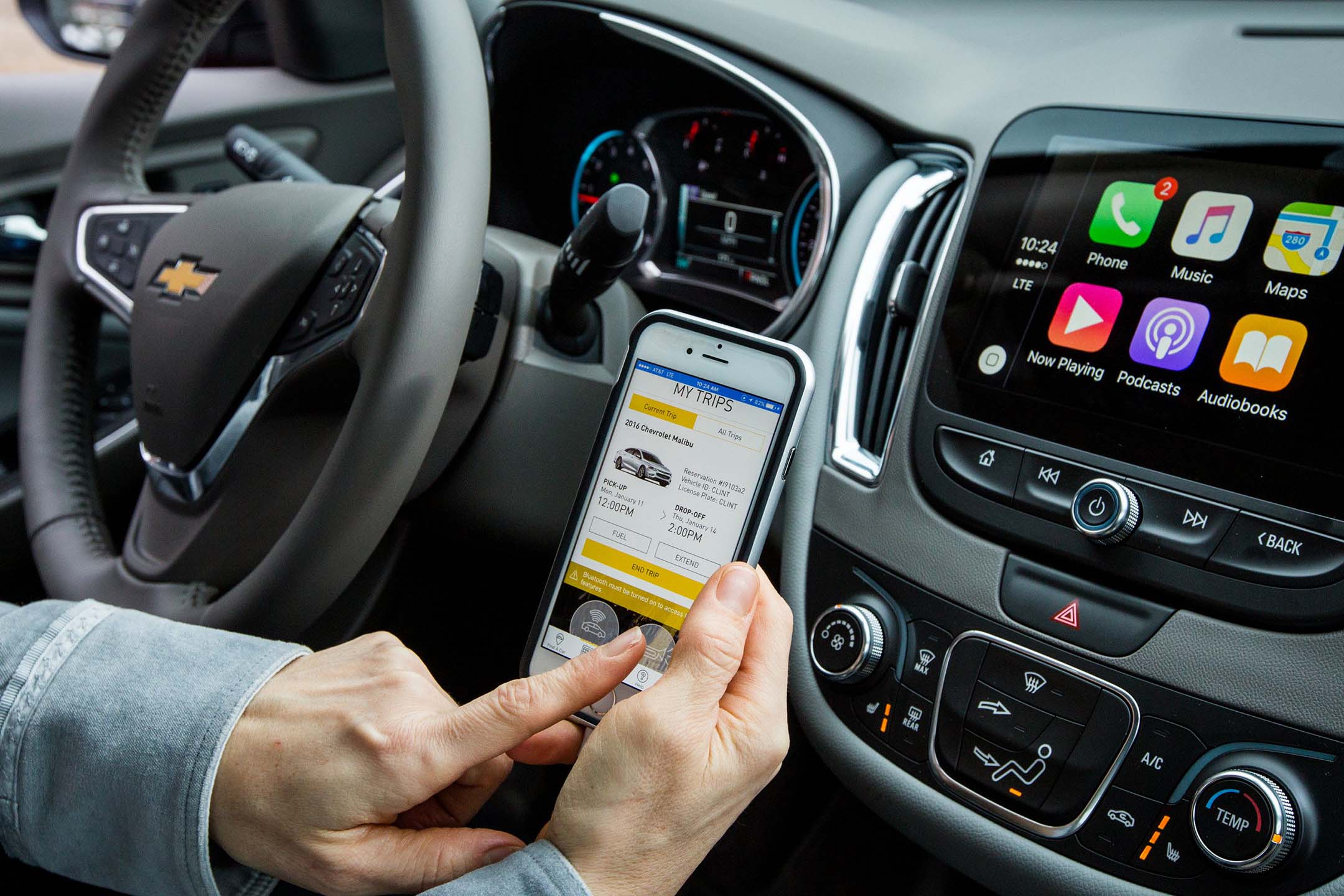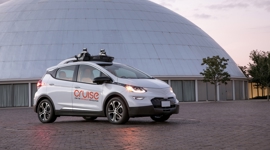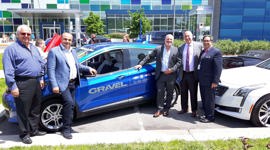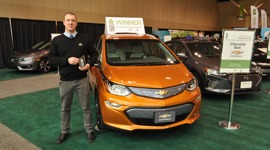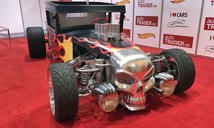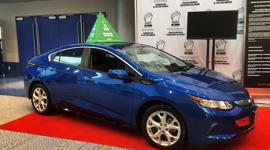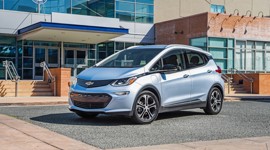GM Canada has had an exciting 2017 already, between the full refresh of much of their SUV lineup, the launch of the all-electric Bolt, and the Canadian introduction of their car-sharing program called Maven. But at a time when the United States is in political turmoil following the election of Trump, who has questioned various emission and pollution regulations while calling out American companies for investment outside its borders, we sat down with GM Canada CEO Steve Carlisle at the Detroit auto show that opens this Friday for his take on what’s in store for the company and the country.
Mobility has been the talk of the town for the past year or so. From an abstract industry buzzword, it has slowly been taking shape and turning into a clearer concept.
“GM Canada is a mobility company,” said Carlisle. Though the focus of the carmaker remains the production of cars, it is however broadening its corporate horizons. For instance, the creation of the Maven program and application that launched a year ago and that provide an array of car- and ride-sharing services in residential and urban settings. The brand was launched with the mission to appeal to the needs of a different audience that needed to get into a car, but didn’t wish to buy one.
For a year now, Maven has grown to 20,000 members and has expanded to twelve cities across the United States. Carlisle added that the next step will be geographical growth and technological evolution. A pilot project has been kick-started in the Kitchener-Waterloo area, a high-tech hub in Ontario, and Maven plans to expand to other urban centres. In order to do so, they have to establish the kind of service that should be made available in a given location, and which one makes the most sense.
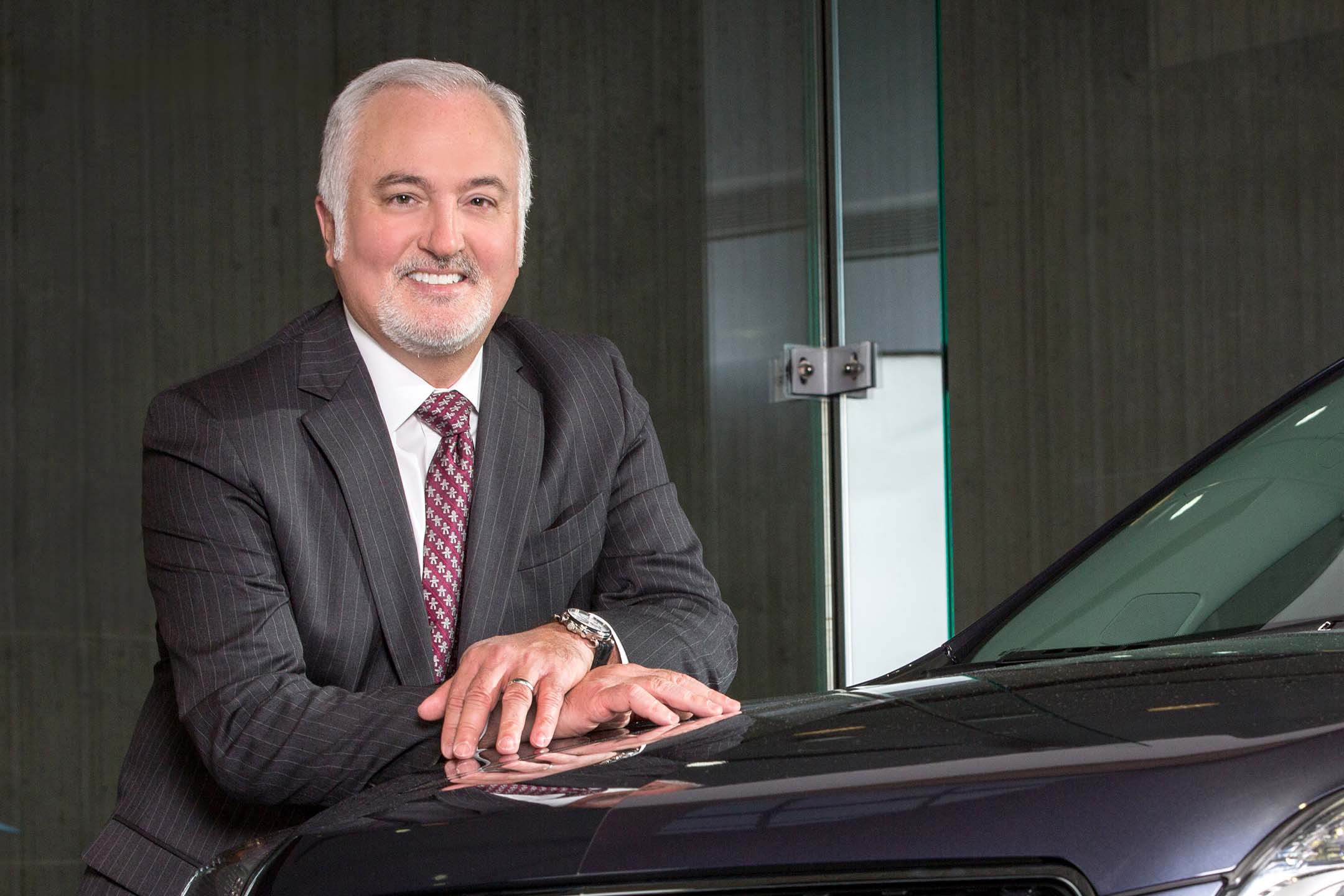
He gave the example of the city of Toronto, where the Maven City car-sharing service would probably be the best foot-in-the-door for Maven, as it provides a service similar to competitors such as Car2Go, something the audience is already familiar with, but in a more technologically advanced iteration. Despite GM being the giant it is, the evolution of Maven has to be treated for what it is: a start-up. They are still at a learning stage and are gaining a better understanding of this new market they are integrating into.
As for technological evolution, the Bolt seems to be the key. Thanks to available technologies such as the 4G LTE Wi-Fi capability and its Android Auto and Apple CarPlay compatibility, the GM fleet available for car-sharing already embraces advanced technology, allowing customers to reserve, unlock and start a car at a distance with the help of their smartphone. The arrival of the Chevrolet Bolt on the market will be a game-changer on a different level as it will provide a fleet of emission-free vehicles for Maven’s activities, as well as, eventually, a fully autonomous ride-sharing service.
In fact, Carlisle confirmed that a fleet of Bolts equipped with lidar – radars that also capture light, one of the systems used in autonomous vehicles – are currently in testing with GM’s own autonomous driving technology in San Francisco and in Phoenix, as well as more recently, in Michigan. As he explains, the technical aspects of it are all there, but it’s all about adapting the regulations.
He also showed very little immediate concern about the election of Trump. Carlisle says Trump’s stated intention to ease emissions and pollution limits and to potentially penalize manufacturers that have set up production in Mexico, GM included, is for now considered very unlikely, but he says we will have to wait until after January 20 to know for sure what actions will be taken. Carlisle says that an election cannot change the science of climate change nor can it change the customer’s desire to purchase a fuel-efficient or even emissions-free vehicle.
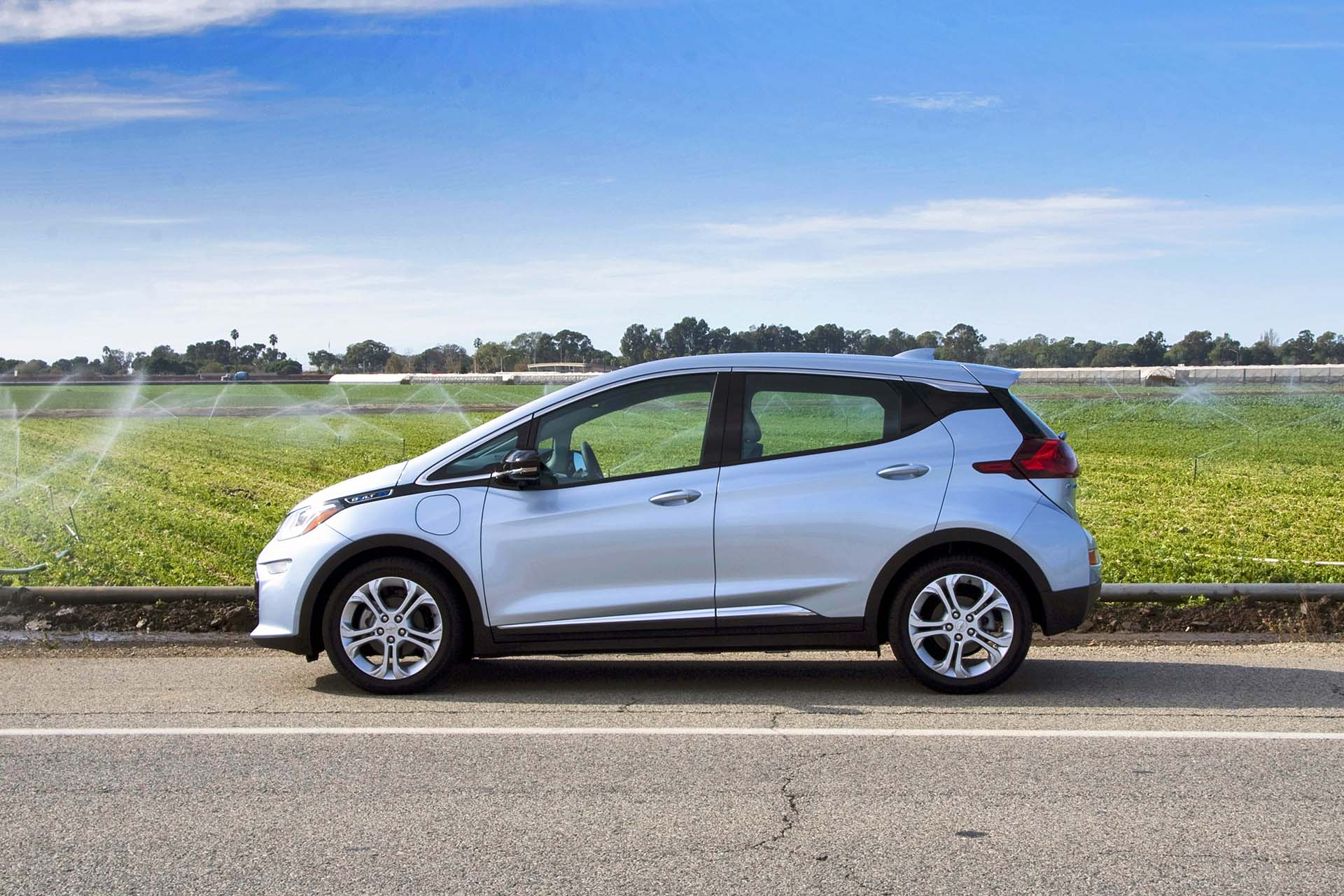
To illustrate the latter, he highlighted the increasing sales of the Chevrolet Volt, saying, “Despite low fuel costs, the sales on the Volt have doubled, and almost tripled.” Plus he pointed to all the improvements of recently updated models such as the Chevrolet Traverse and Malibu that shed weight and gained fuel efficiency. Regulations are only part of the equation: the other part is the consumer, and consumers want more technology and better fuel economy, he said.
As for the threat of a hefty tax for cars produced in Mexico and the NAFTA being at stake, Carlisle was optimistic about the situation, saying, “The Canadian government has shown a willingness to engage in a conversation (with Trump), so that’s good.” He did however mention that GM is ready to examine any changes to the agreement, as their supply chains have been constructed with NAFTA in mind since 1994. For now, he says that we will see where things go after January 20.
It seems like the upcoming year will be an interesting one for the manufacturer, between the growth and expansion of Maven to other cities and countries, the increasing number of Bolts put into consumers hands, the further testing of their autonomous vehicle technology and the change of government and perhaps policies in the United States and in Canada.
And for those wondering, the Bolt pulling the rug from under the Tesla Model 3’s wheels by launching their affordable, long-range model ahead of the premium electric brand was GM’s plan all along. The story doesn’t tell how many $1,000 deposits will be refunded....
They are broadening their horizons, meaning that they still produce cars, but they are also tapping into other types of parallel
business, such as car sharing.
I condensed in a sentence what he explained saying that they are working with the governments about the regulations, but that technical capability is alredy there.
